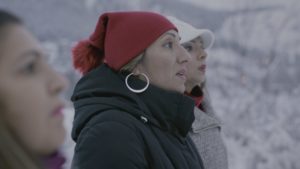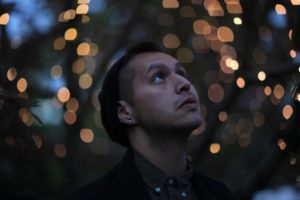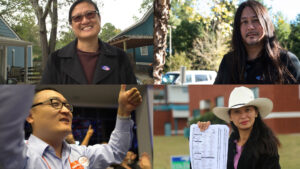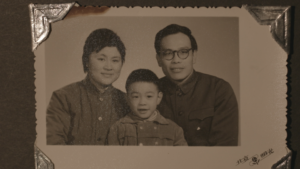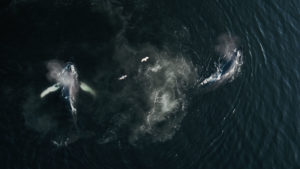What Suzanne Crocker Learned From Nine Months in the Yukon Wilderness
- Apr 30, 2020
- /
- 2020 Events, Family, Interview
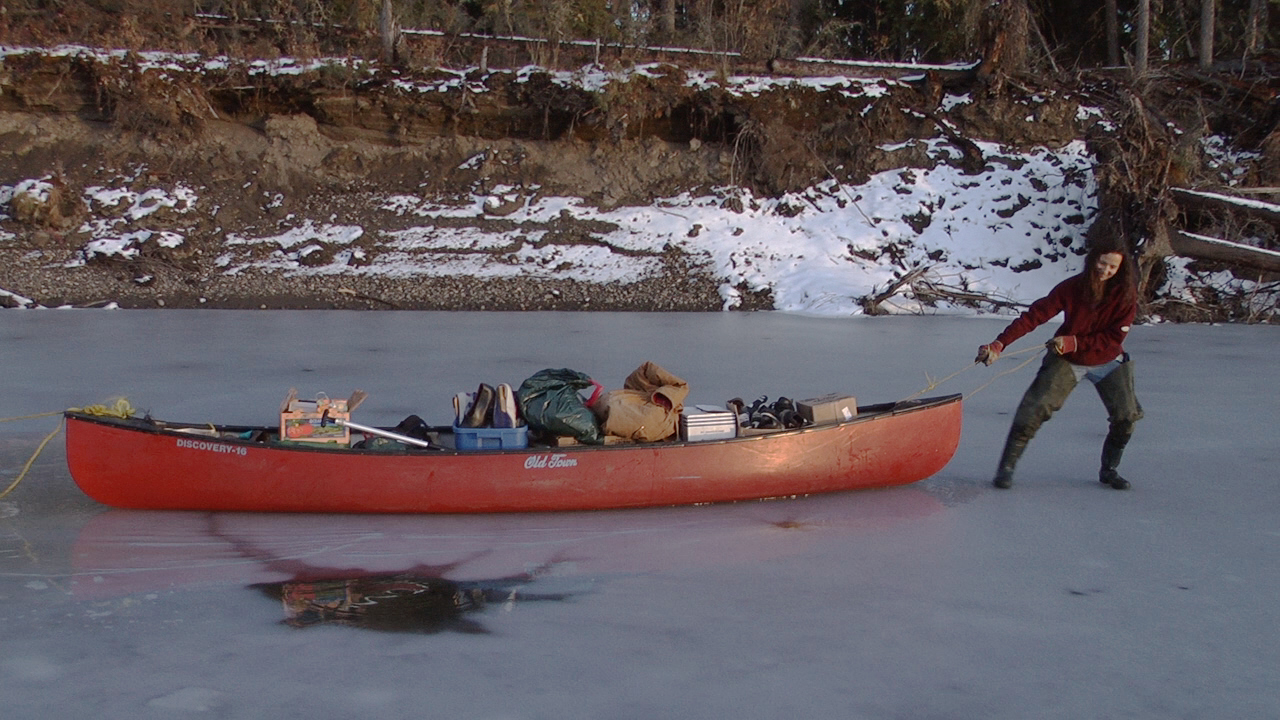
Reel Causes is thrilled to host its first virtual event – screening Suzanne Crocker’s All the Time in the World and a live Q&A with Suzanne and her family on May 9th.
Because Suzanne spent nine months living in the Yukon wilderness with her young family, we asked her for some self-isolation tips.
Join us starting May 2nd to find out why these three kids (ages 10, 8 and 4) never said “I’m bored” over the course of their nine months at a small cabin in the wilderness with no friends, no internet, no phone and no electricity.
There’s a scene in the film where you all start to experience a little cabin fever. Do you have any suggestions for folks who are struggling with this adjustment to self-isolation?
Humour! Being able to laugh at yourself and tap into some silliness certainly helps. And, if it’s possible, getting outside, even if it is just sitting on your balcony in the sunshine, can help calm the soul and put things into perspective.
What would you recommend to anyone who would also like to spend an extended period of time in the wilderness?
Be prepared. Have some familiarity with the area you are going to spend time in. We live in the Yukon, we understand the landscape, the animals, the challenges of the seasons. This is important in order to have an enjoyable and safe experience. If that’s not already the case, then talk to locals. And consider doing some shorter test runs during different seasons. This could prove invaluable and eye opening!
Being in nature has been found to improve mental health. Did you notice any impact on your mental health over those nine months?
Definitely! I found that it was the best of ourselves that came forward during those nine months in the bush. I attribute that to being well rested, having fewer distractions and, in large part, to spending so much time outdoors. As my 8-year-old daughter said “Inside is our storage space. Outside is actually our home.” On the rare occasion that I found my patience was wearing thin or I was feeling angst, I would go for a ski. Thirty minutes later, everything would be good again.
We will hopefully have the opportunity to watch your next film, First We Eat, this year. Tell us about the film and how you convinced your family to be involved in another project.
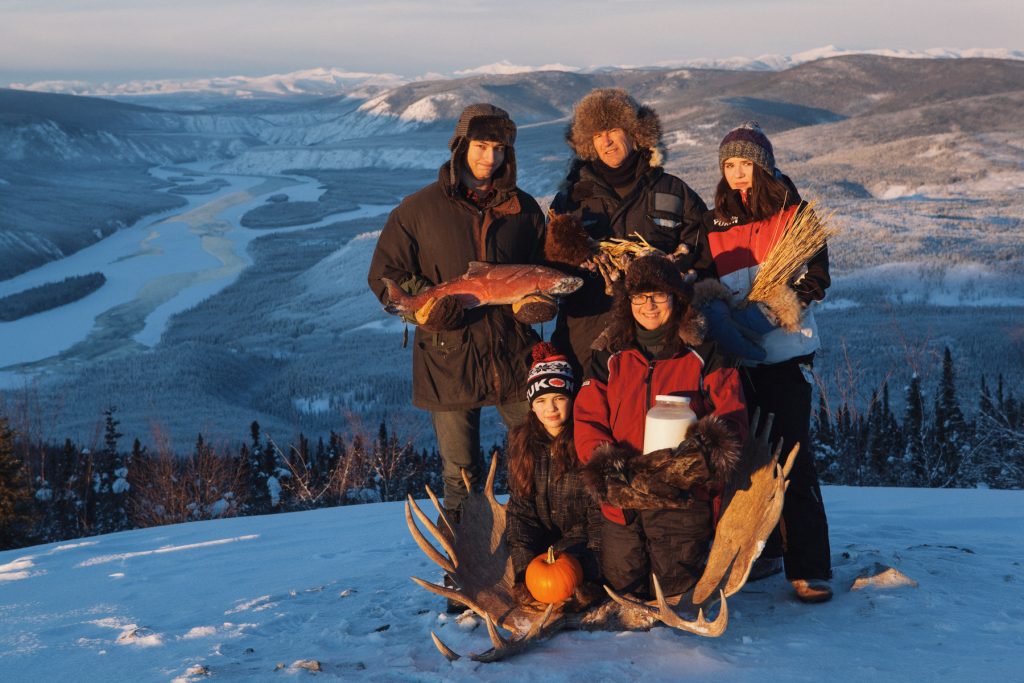
If I ever promised my family that I wasn’t going to film them again, I definitely broke that promise. Ten years later, I had another idea, and it involved my family once again. I wanted to put food security to the test in the North. So I decided to remove absolutely all grocery store food from our house. My family was very skeptical. The three teenagers pushed back. For one year I fed my family only food that could be hunted, gathered, fished, grown or raised around Dawson City, Yukon – 300 km from the Arctic Circle. No salt, no caffeine, no sugar and temperatures that drop to -40 degrees Celsius.
Click here to check out the First We Eat trailer and sign up for updates on when it will be screening in your area.
You can learn more about our All the Time in the World event here.

About Reel Causes Society
Reel Causes partners with filmmakers and Canadian causes dedicated to addressing global social justice issues. We host film screenings followed by a Q&A session to educate and inspire our community, and provide a forum for authentic conversation aroundF the issues that affect us locally.
